In 40 years of covering Washington politics, I have never seen anything like President Trump’s amazing rise to power. I have seen presidents laid low by botched Congressional investigations that lead to special prosecutors. That’s why I’m starting to feel like I’ve seen this movie before.
Spoiler Alert: This political thriller ends with the president’s top aides striking plea bargains with federal prosecutors to reduce prison sentences.

Juan Williams
The U.S. has a rich recent history of special prosecutors. The odds are rising that one more is coming to look into alleged links between the Trump campaign and Russia.
The dwindling trust in the GOP majority in Congress to conduct such a probe is due to the fading credibility of the Senate Intelligence Committee. The Republican chairman of that panel, Senator Richard Burr, is widely perceived as a Trump acolyte.
When FBI director James Comey announced shortly before last year’s election that his agents had reopened their investigation into Hillary Clinton’s emails, Burr bragged there is “not a separation between me and Donald Trump.”
Senator Charles Schumer, the top Democrat in the Senate, was slow to bury Burr with a call for a special prosecutor, perhaps seeking to avoid charges that he was politicizing the probe. But on NBC’s Meet the Press on Sunday, Schumer made that call. A special prosecutor was necessary, he asserted, to probe “whether the Trump campaign was complicit in working with the Russians to influence the election.”
Now Republicans, including Senators Lindsey Graham, Marco Rubio, and Susan Collins, are starting to peel away. Graham has said that if Attorney General Jeff Sessions spoke with Russian diplomats, “then, for sure, you need a special prosecutor.”
On cue, last week Sessions had to recuse himself from the FBI’s probes into the Trump campaign’s ties to Russia after The Washington Post revealed he met with the Russian ambassador to the U.S. twice last year. Those details seemed to contradict sworn testimony he gave during his Senate confirmation hearing.
If trust in the Senate probe is weak, then the credibility of any House investigation is even weaker. House Intelligence Committee Chairman Devin Nunes (R-Calif.) served with Sessions on Trump’s presidential transition team. Nunes was also one of the lawmakers actively recruited by Reince Priebus to counter stories about Trump’s ties to Russia. In a rambling press conference last week, he said he did not want the committee’s investigation to turn into a “witch hunt” and warned of “McCarthyism,” where innocent Americans were “haul[ed] before Congress.”
Representative Adam Schiff, the lead Democrat on the committee, further diminished trust in any House probe when he said last week that the FBI director refused to share with the committee more than “a fraction of what the FBI knows.”
Last week, we learned that the Trump White House Counsel’s office issued a memo to all White House staff instructing them to preserve all documents related to Russia. If history is a guide, all that is left now is for public pressure to build on the GOP and the special prosecutor to be named.
Here’s a quick look at that history: During the Iran-Contra affair, President Reagan tried to put the scandal behind him by agreeing to the appointment of a special prosecutor, Lawrence Walsh. Walsh indicted several of Reagan’s top aides, including Defense Secretary Caspar “Cap” Weinberger.
During President Clinton’s first term, shady controversies from his time as governor of Arkansas led to the appointment of the special prosecutor Kenneth Starr and set the stage for the Monica Lewinsky sex story that resulted in Clinton’s impeachment.
President George W. Bush’s Attorney General, John Ashcroft, recused himself from a White House probe. His deputy then appointed an independent special counsel to find out who leaked the name of a CIA agent. That special prosecutor, Patrick Fitzgerald, won the conviction of the Vice President’s chief of staff, Lewis “Scooter” Libby.
Senator John McCain said that he has “more hope than belief” that the GOP Congress will properly investigate Trump’s ties to Russia. “Have no doubt, what the Russians tried to do to our election could have destroyed democracy,” McCain said.
Julius Caesar feared the Ides of March with good reason. As the middle of the month approaches, President Trump and his GOP supporters will be under fearsome pressure to go along with the naming of a special prosecutor.
Juan Williams is an author and a political analyst for Fox News Channel.

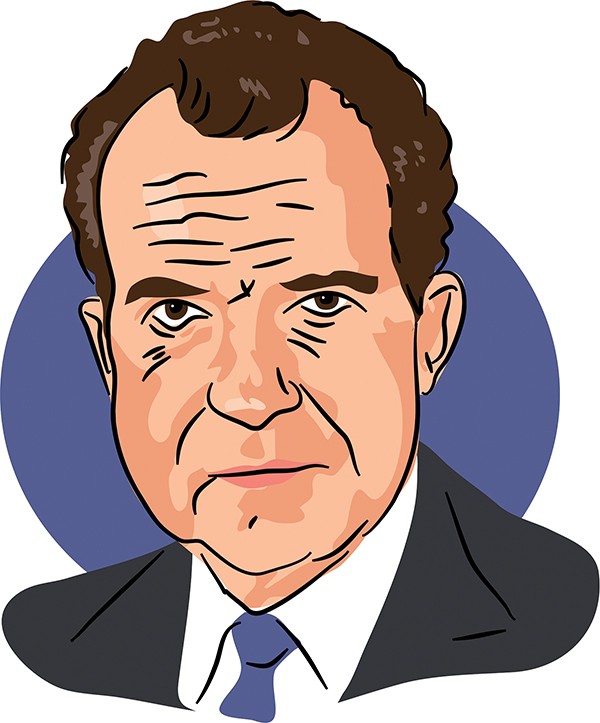 Dawn Hudson | Dreamstime.com
Dawn Hudson | Dreamstime.com 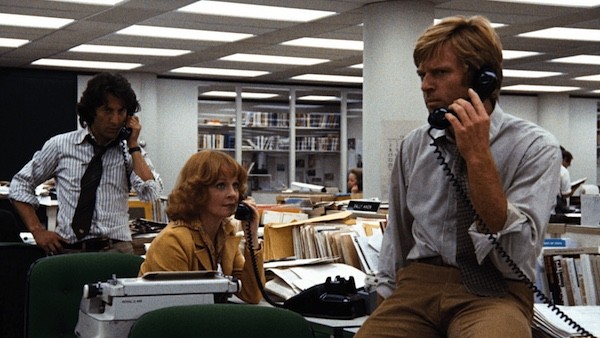

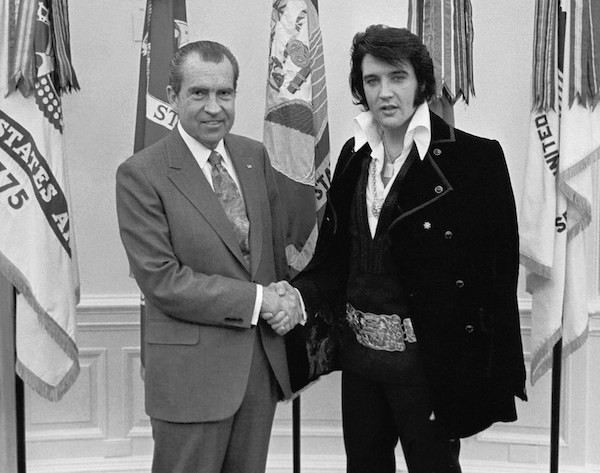
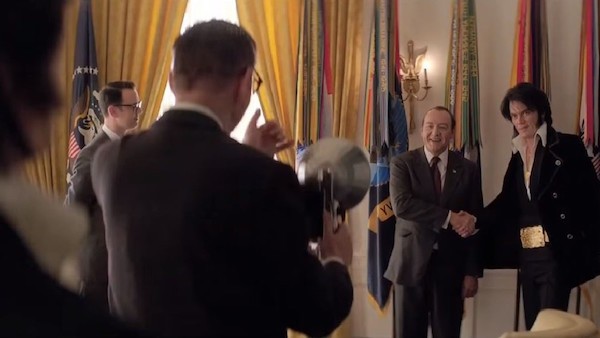
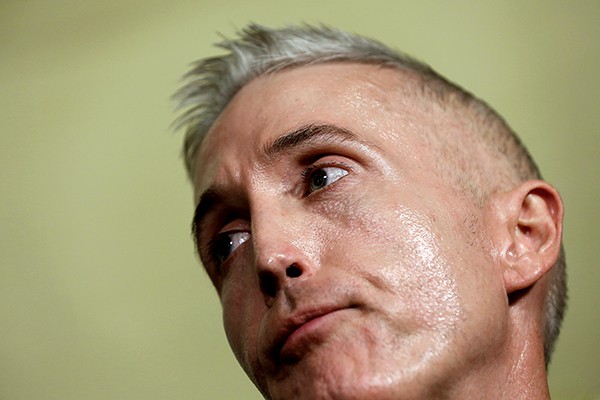 Jonathan Ernst | Reuters
Jonathan Ernst | Reuters